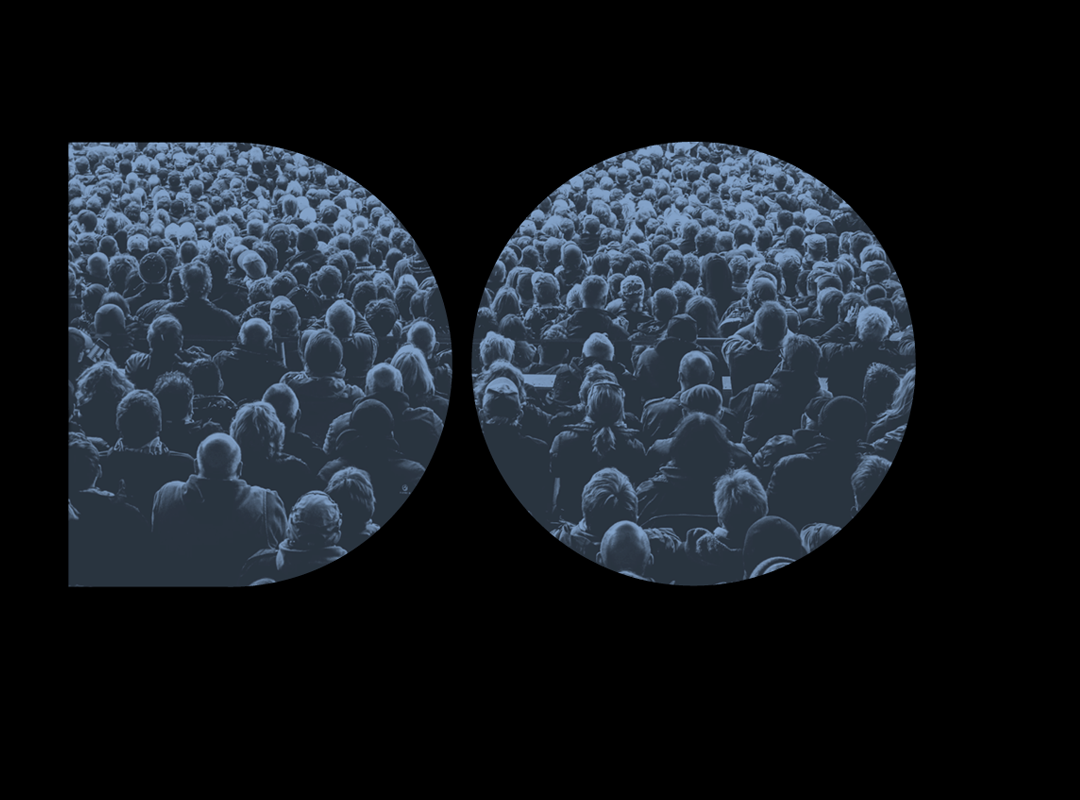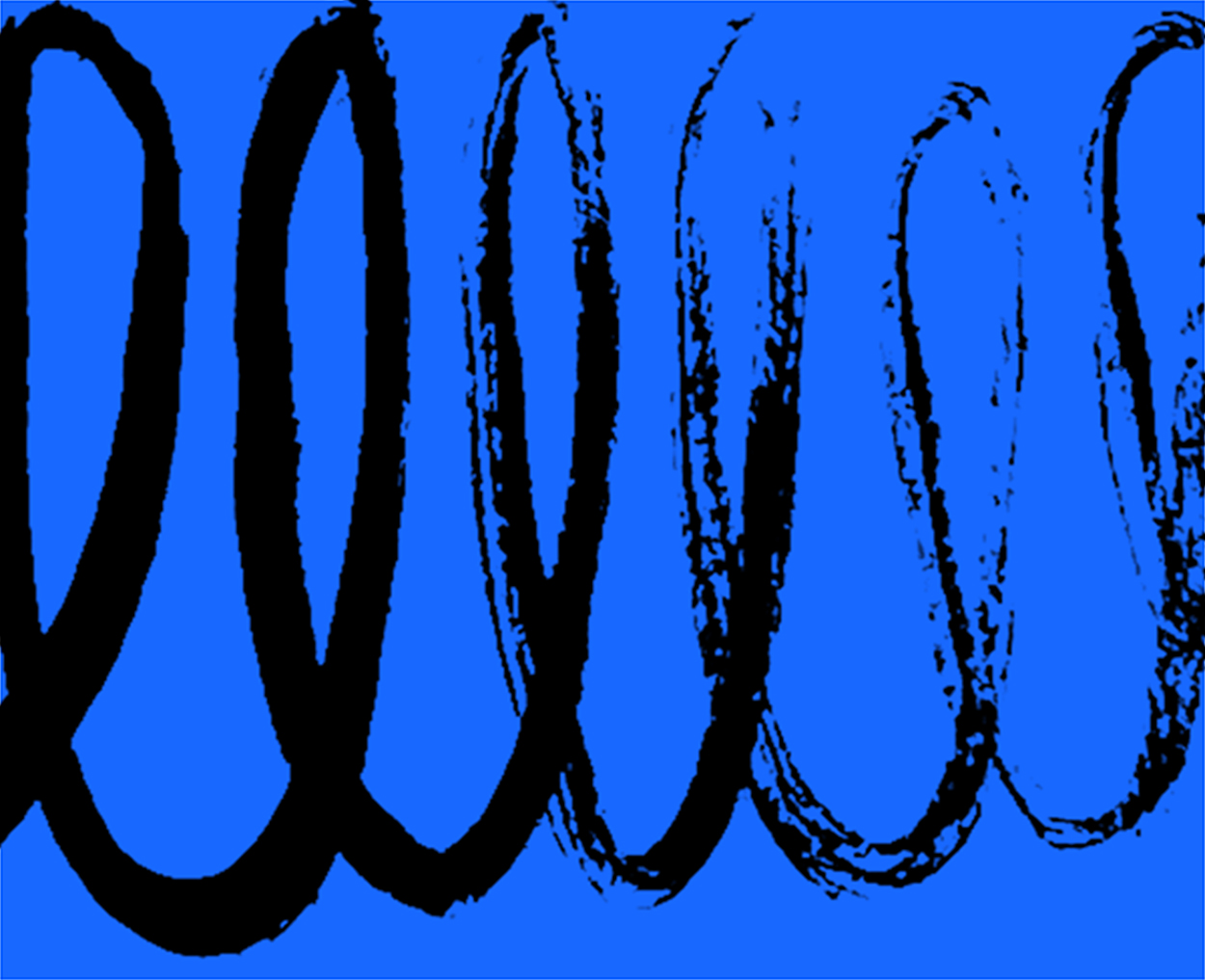
September 26, 2003
Edward Tufte: The Dispassionate Statistician I
I went to college with a very sharp guy who once claimed that the problem with sociology was sociologists, who were, as far as he was concerned, merely self-proclaimed experts on the obvious. “All sociologists really do,” he once observed, “is give names to stuff we already know.” This same guy went on to become a wildly successful head writer for the NBC hit show, Frasier, and it later seemed to me that while veering away from sociological study per se, he nevertheless adopted one of that discipline’s principal characteristics: he became a self-proclaimed expert. And a rich one.
And so it is with Edward Tufte, Yale statistician emeritus, publisher, millionaire — and graphic designer. (With apologies to Bonnie Scranton, with whom he collaborated on an original art portfolio of “cognitive art prints” and to Artists Space in New York, supporters of his sculpture, Tufte-the-artist carries hubris to entirely new — and considerably worrisome — levels.) Such is the Tufte allure that the current issue of Wired features an excerpt from a forthcoming book (and DVD) by David Byrne entitled Envisioning Emotional Epistemological Information, a title so obviously ripped from the Tufte canon as to appear a parody.
The only difference is, Byrne is as serious about his attraction to Powerpoint as Tufte is in his denigration of it.
Both Byrne and Tufte are self-proclaimed experts. Yet in spite of what they might have you believe, neither are artists — in that formally attuned, conceptually rigorous way, for instance, that one might look at Jasper Johns or Andy Warhol: and here I am deliberately citing artists whose work embraces some aspect of popular culture yet manages, at the same time, to move beyond it in a meaningful, and indeed, memorable way.
Not so with Byrne and Tufte — the former, whose Peter-Max-esque rainbow arrows and “recombinant phrenology” (there’s sociology for you!) calls to mind a derivative John Maeda, as enamored of his newly minted expertise in Graphic Design as he is of the facility with which he hits the repeat function on his keyboard. Tufte, married to a graphic designer whose work is synonymous with the very rigors that typify Swiss Modernism, learned early on that size really DOES matter: line weights, that is, and juxtapositions of scale and proportion which lend much-needed visual impact (or can just as easily take it away) to a statistic, a chart, a display of information. That Tufte has capitalized on this realization ever since is the best evidence I have ever seen of the worthlessness of design education. Put another way: Tufte has invoked the principles of Evelyn Wood speed-reading in his reductivist ad absurdum take on the discipline of Graphic Design.
He is a statistician by training, a designer by marriage, and a sociologist by default — giving names to stuff we already know, and getting paid handsomely for it along the way. Force of nature that he is, the man who once analyzed charts is now designing tshirts and producing sculpture installations. Where will it end, and why does it remind me of Academy Award recipients whose acceptance speeches deviate from mere gratitude to include political opinion, religious fanaticism, even private kisses to the loved ones at home — all shamelessly delivered in the glaring spotlight of primetime TV? Tufte’s appeal to the virtues of cognition is perhaps little more than a poorly veiled attempt at reshaping design parlance with himself as its single and uncontested author. Unlike Florence Nightingale, who was, it turns out, an early advocate of the power of visual information for health reform ( she was known as “The Passionate Statistician”) Tufte’s expertise is not only self-proclaimed — it is also deeply and irrevocably self-serving.
http://www.edwardtufte.com
http://www.wired.com/wired/archive/11.09/ppt1.html
http://www.wired.com/wired/archive/11.09/ppt2.html
Observed
View all
Observed
By Jessica Helfand
Related Posts

Business
Courtney L. McCluney, PhD|Essays
Rest as reparations: reimagining how we invest in Black women entrepreneurs

Design Impact
Seher Anand|Essays
Food branding without borders: chai, culture, and the politics of packaging

Graphic Design
Sarah Gephart|Essays
A new alphabet for a shared lived experience

Arts + Culture
Nila Rezaei|Essays
“Dear mother, I made us a seat”: a Mother’s Day tribute to the women of Iran
Recent Posts
Courtney L. McCluney, PhD|Essays
Rest as reparations: reimagining how we invest in Black women entrepreneurs Food branding without borders: chai, culture, and the politics of packaging Why scaling back on equity is more than risky — it’s economically irresponsible Beauty queenpin: ‘Deli Boys’ makeup head Nesrin Ismail on cosmetics as masks and mirrorsRelated Posts

Business
Courtney L. McCluney, PhD|Essays
Rest as reparations: reimagining how we invest in Black women entrepreneurs

Design Impact
Seher Anand|Essays
Food branding without borders: chai, culture, and the politics of packaging

Graphic Design
Sarah Gephart|Essays
A new alphabet for a shared lived experience

Arts + Culture
Nila Rezaei|Essays

 Jessica Helfand, a founding editor of Design Observer, is an award-winning graphic designer and writer and a former contributing editor and columnist for Print, Communications Arts and Eye magazines. A member of the Alliance Graphique Internationale and a recent laureate of the Art Director’s Hall of Fame, Helfand received her B.A. and her M.F.A. from Yale University where she has taught since 1994.
Jessica Helfand, a founding editor of Design Observer, is an award-winning graphic designer and writer and a former contributing editor and columnist for Print, Communications Arts and Eye magazines. A member of the Alliance Graphique Internationale and a recent laureate of the Art Director’s Hall of Fame, Helfand received her B.A. and her M.F.A. from Yale University where she has taught since 1994.